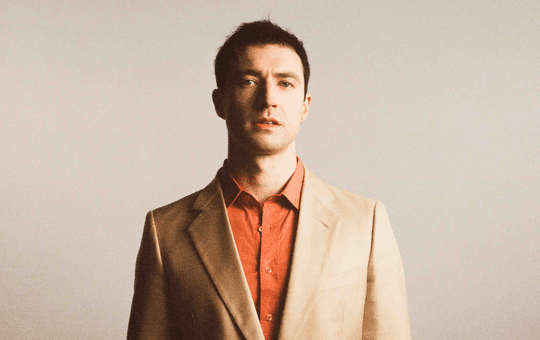Story of the week: Hip hop on trial
This week, Google joined forces with debate organisation Intelligence Squared to present a large-scale, streamed-online debate that considered the motion: “Hip Hop Doesn’t Enhance Society, It Degrades It.”
Titled “Hip Hop on trial”, the event was billed as “the world’s first global debate on rap”, and brought together disparate minds such as ?uestlove of The Roots, satirist P J O’Rourke, Newsnight presenter Emily Maitlis, UCL Professor of Modern English Literature Professor John Sutherland and youth and crime advisor to David Cameron, Shaun Bailey. The results of such a meeting of minds are available to see for yourself not only at the bottom of the page in full, but also in short YouTube clips that offer an insight into each panellist’s take on the subject. Shaun Bailey, for example, gives his take on modern hip hop as a “goldfish bowl”; “you’ve got a few people who do live an absolute thug life, a gangster life, and you’ve got everybody else with their faces pressed up against the glass. They get to see it all, they get to hear about it all, but they don’t have to suffer any of the consequences, any of the danger. That’s what hip hop has become.”
Is it what hip hop has become? Or is that how hip hop originated? With A$AP Rocky rapping mostly about what he gets up to with his mates, Drake sampling his ex-girlfriend and his grandma on his album and Jay Z and Kanye rapping about how many Maybachs they own, the most attention-grabbing hip hop of right now is difficult to slot into one category. What this debate failed to really recognise is that while hip hop might have come from the same place, it’s not all made of the same stuff.
Professor John Sutherland makes a great point when he reels off quotes from the likes of Ice T, who said (in Sutherland’s paraphrase): “I’m no more a gangster, a cop killer, than David Bowie is an astronaut”, and Quincey Jones, who is attributed the claim “rap musicians are great musicians but they’re lousy gangsters.” In 2012, these comments seem more relevant than ever, as the strangeness, the excitement and the experimentation of the music itself is the beauty of hip hop right now.
What the motion of the debate itself seems to miss is that art doesn’t actually have to either enhance or degrade society, as if those were two clear-cut options. Hip hop artists of 2012 are so innovative, striving to be something so different to what has gone before, that it hardly seems relevant to bind them to such a black-and-white, good-or-bad code. Musicians are involved in society, but mostly, they’re involved in music; as hip hop evolves further from its origins by the day, its purpose develops and shifts, perhaps away from the social and towards the personal. As the wry Sutherland puts it, “rap too easily becomes a kind of ‘Battle Royale’, in which white people are watching black people killing each other, or celebrating the killing of each other…if you do respond in this way you have to, to some extent, extinguish that feeling and just respect the music for what it is, not see it as a kind of blood sport which is being staged for your delectation.”
What Shaun Bailey asks his listeners to consider is the fact that hip hop’s “party culture” is being built on the “graves” of people who have died too young and in the streets. He asks, “are we building massive hip hop revenues on the backs of our young dead people?” There are questions like this one, which don’t necessarily come with answers, that are inherent in hip hop culture – and it was brave of Google to imagine that it might be able to find them.













